Description
THE NEW GENERATION IN FALL PROTECTION EQUIPMENT
Saferight’s new restraint technique/self-recovery lanyard is designed to stop falls from occurring and reduce suspension intolerance/trauma by means of its self-retrieval mechanism. The system reduces ground clearance from 6.5 metres to 1.1 metres and dynamic reaction distance from 1.7 metres to 0.1 metres.
The new system is fall arrest rated to AS/NZS 1891.1:2007 and certified to AS 1891.3:2020 and the relevant Codes of Practice. Maximum combined weight including tools: 120kg.
This restraint technique lanyard is engineered to reduce the physical effects of suspension trauma on the human body, a critical concern for anyone suspended in a harness for extended periods. Its integrated shock absorber and self-retrieval function significantly reduce the risk of trauma-related injury or death.
Product Features & Information
- Easy to adjust
- Shock load reduced from 6kN to 4.2kN
- Auto-descent breaking mechanism
- Available in any length (work position to ground)
Materials & Construction
- 2x Triple Action Karabiner
- CAMP SAFETY Druid Auto Braking Descender
Testing & Quality Control
- Fall arrested rated to AS/NZS 1891.1:2007
- Certified to AS Standard 1891.3:2020
- 100% Visual inspection
- Saferight is an ISO 9001 Certified Company
It is designed to engineer out the effects of suspension trauma on the human body. This is a critical concern in situations where a worker may be suspended in a harness for an extended period of time. The lanyard’s shock-absorbing mechanism helps to reduce the risk of suspension trauma, which can cause serious health issues or even death.
Another important feature of the single tail variant is that it allows the conscious user to be able to “self-rescue” to the ground without the need for assistance from third-party emergency services personnel. This is made possible by the lanyard’s adjustability, which provides the user with more flexibility and reposition themselves as necessary.
(2) RTL – Twin Tail
A twin tail variant of a restraint technique lanyard can be used to tether two users to a single anchor point, while still allowing them a degree of flexibility to move around. This can be particularly useful in situations where two workers need to work together in close proximity to each other, such as when performing maintenance or repair work on a piece of machinery or equipment.
The twin tail variant typically consists of two separate tails that can be attached to the same anchor point or harness, allowing two users to be tethered together. The tails are often adjustable, so that the users can move around within a limited range, but are still prevented from reaching a dangerous area.
It’s important to note that when using a twin tail variant of a restraint technique lanyard, the anchor point must be strong enough to support the weight of two users.
(2) RTL – Third Party Rescue
This third variant provides a solution for rescuing an unconscious person who is suspended in a harness, without exposing any employee or rescuer to unnecessary risk. This innovative device enables the individual to be safely lowered to the ground, without exposing themselves to unprotected edges during the rescue operation. This is accomplished through the use of a retrieval mechanism, which is attached to the anchor point or static line, and can be easily activated to initiate the descent of the suspended person. The concept utilises a pulley system that is connected to two descenders/retrieval systems, in contrast to the single tail system that utilizes only one.
All lanyards are to be inspected every 6 months (minimum) as required by AS/NZS 1891.4. Saferight offers testing, tagging and inspection services.


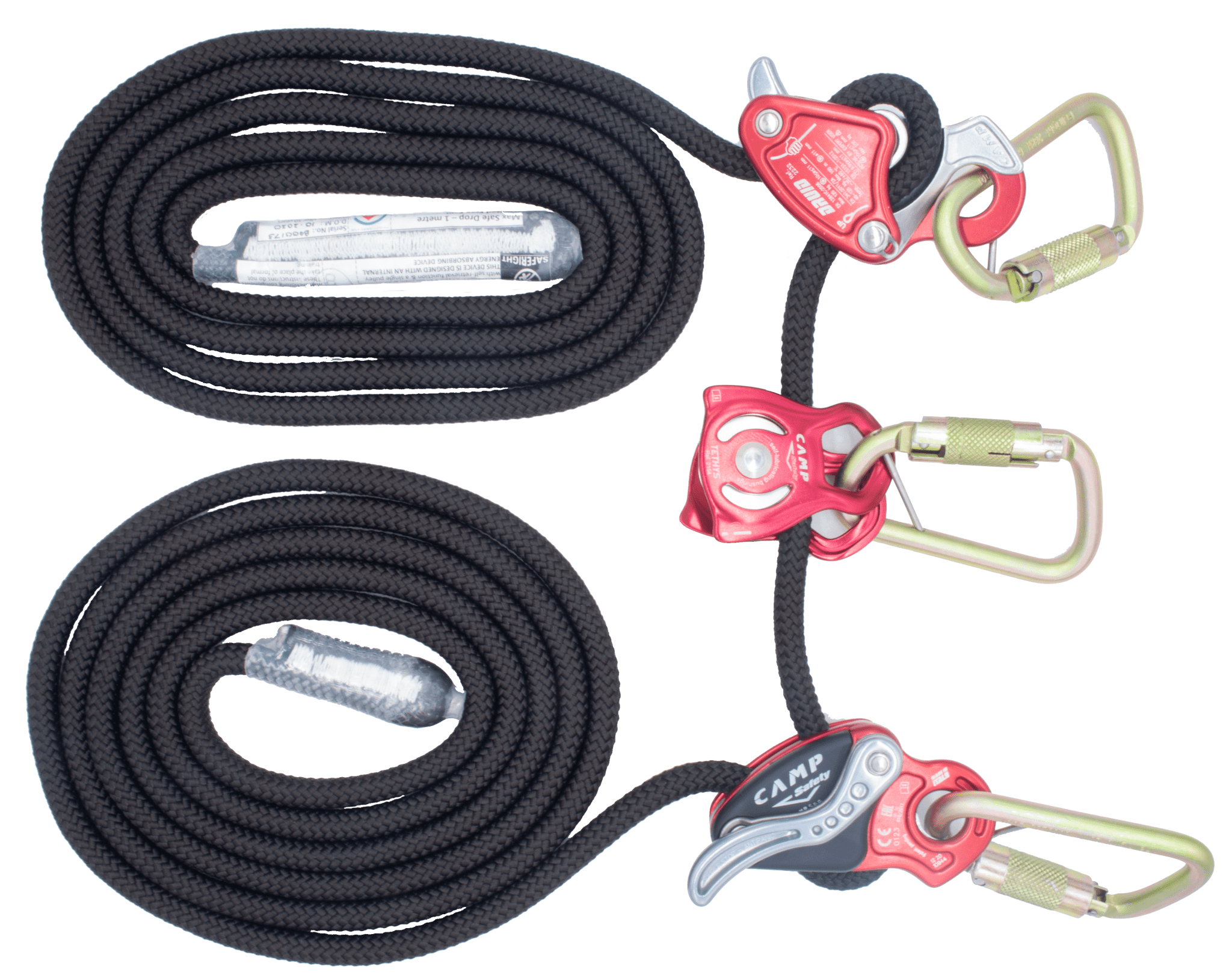
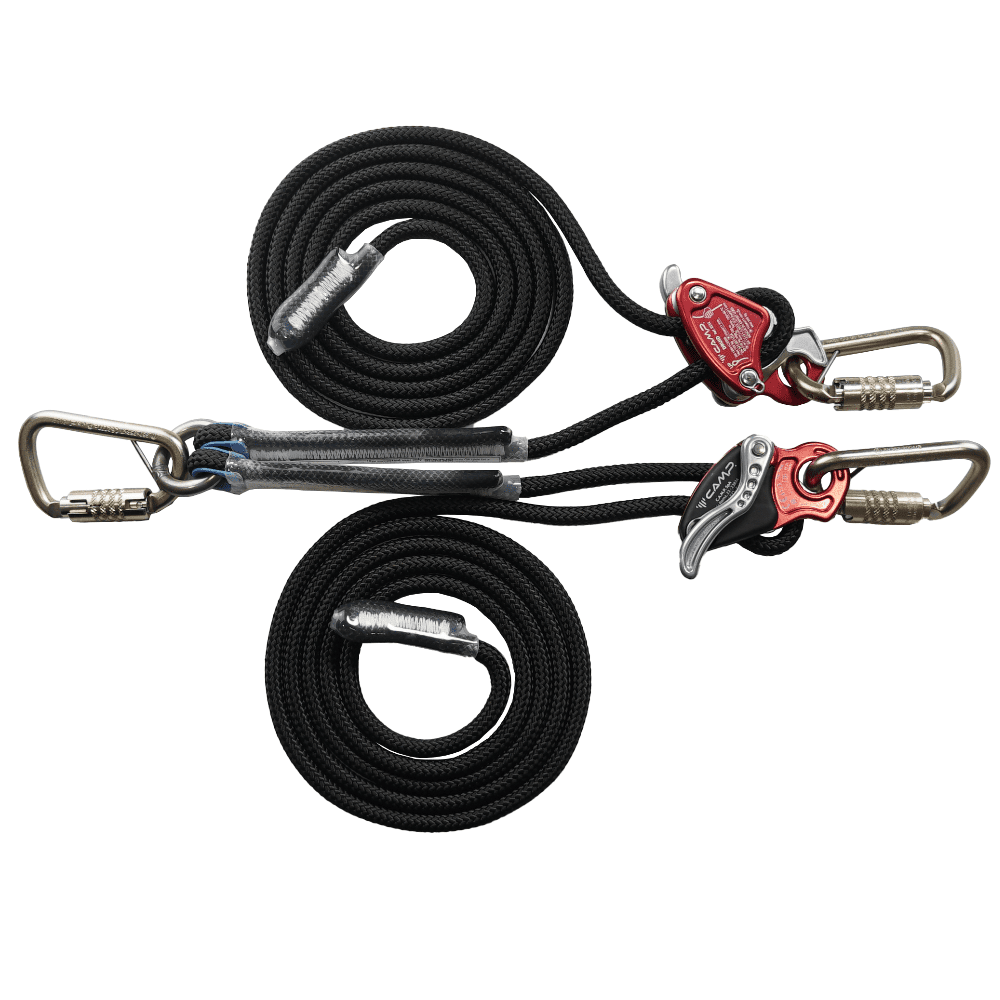
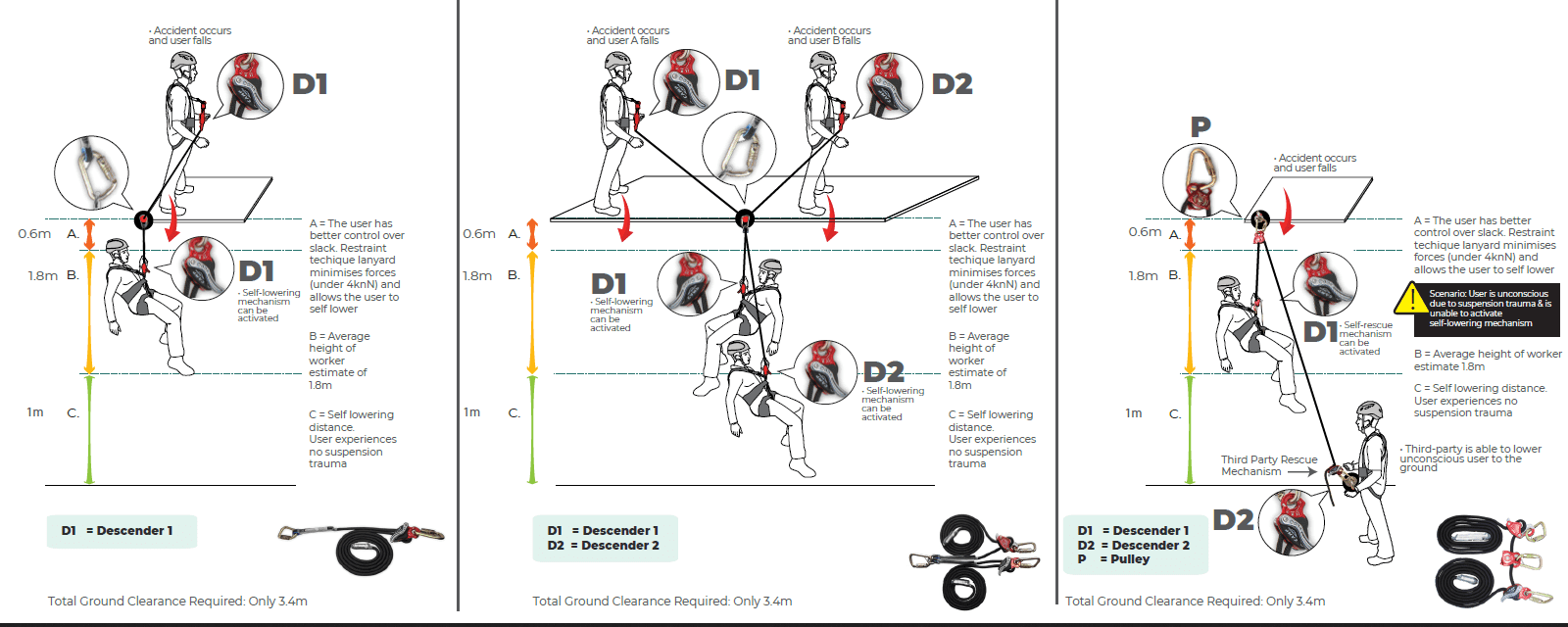
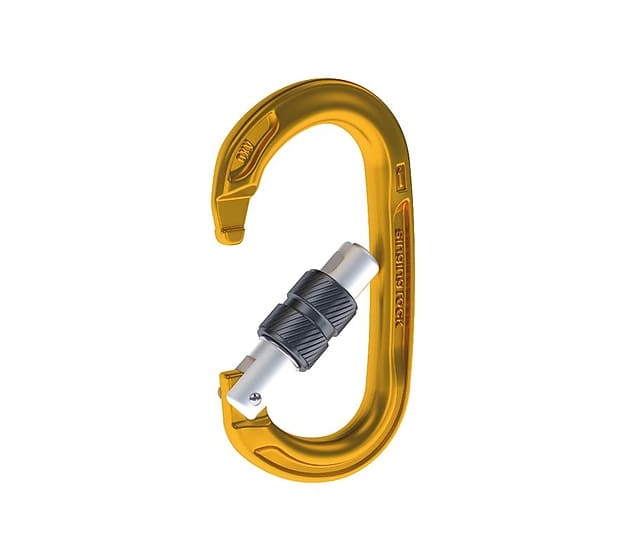
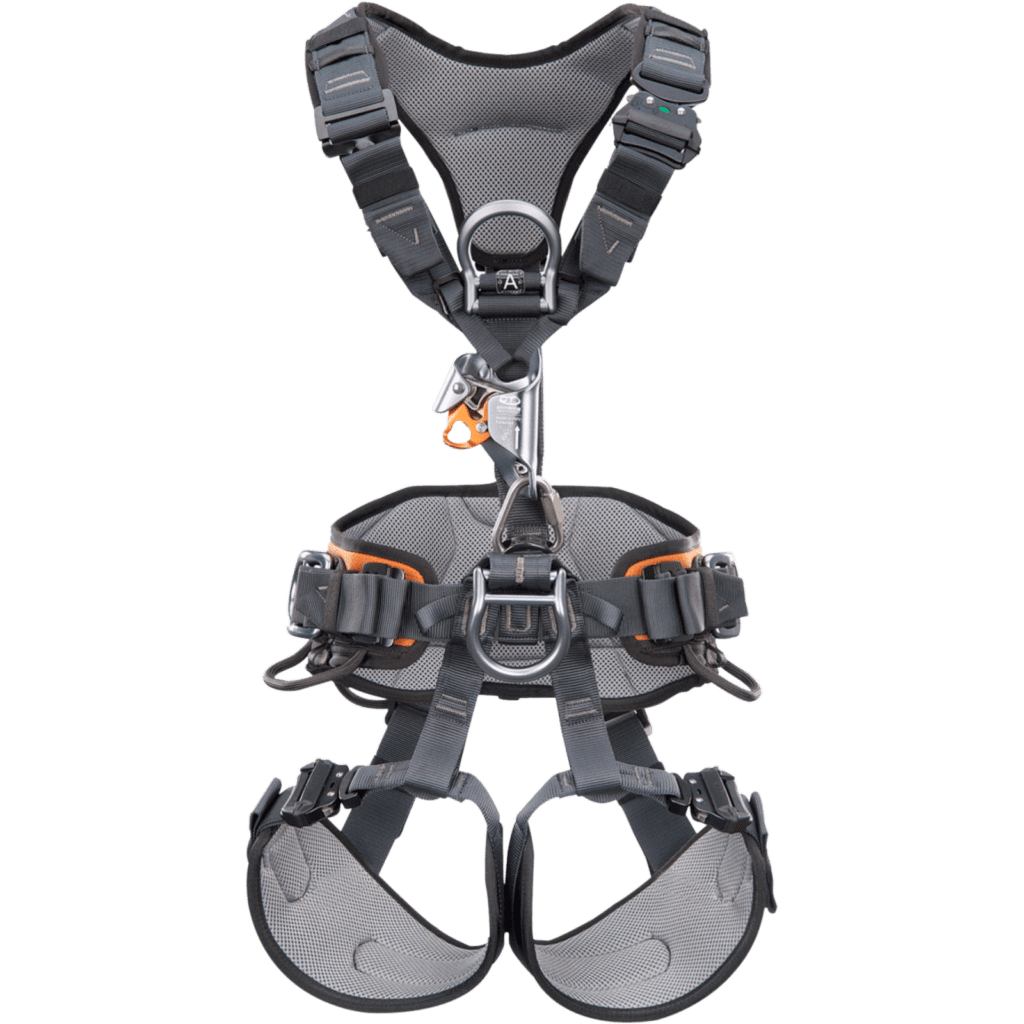
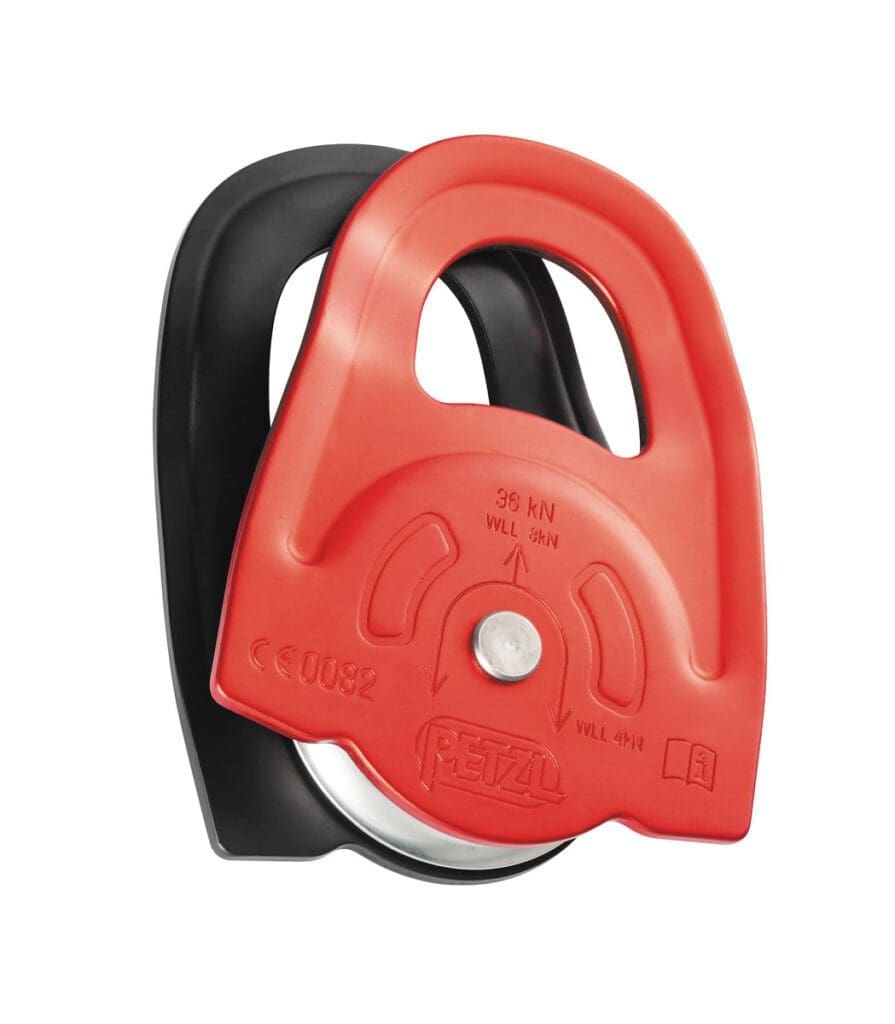
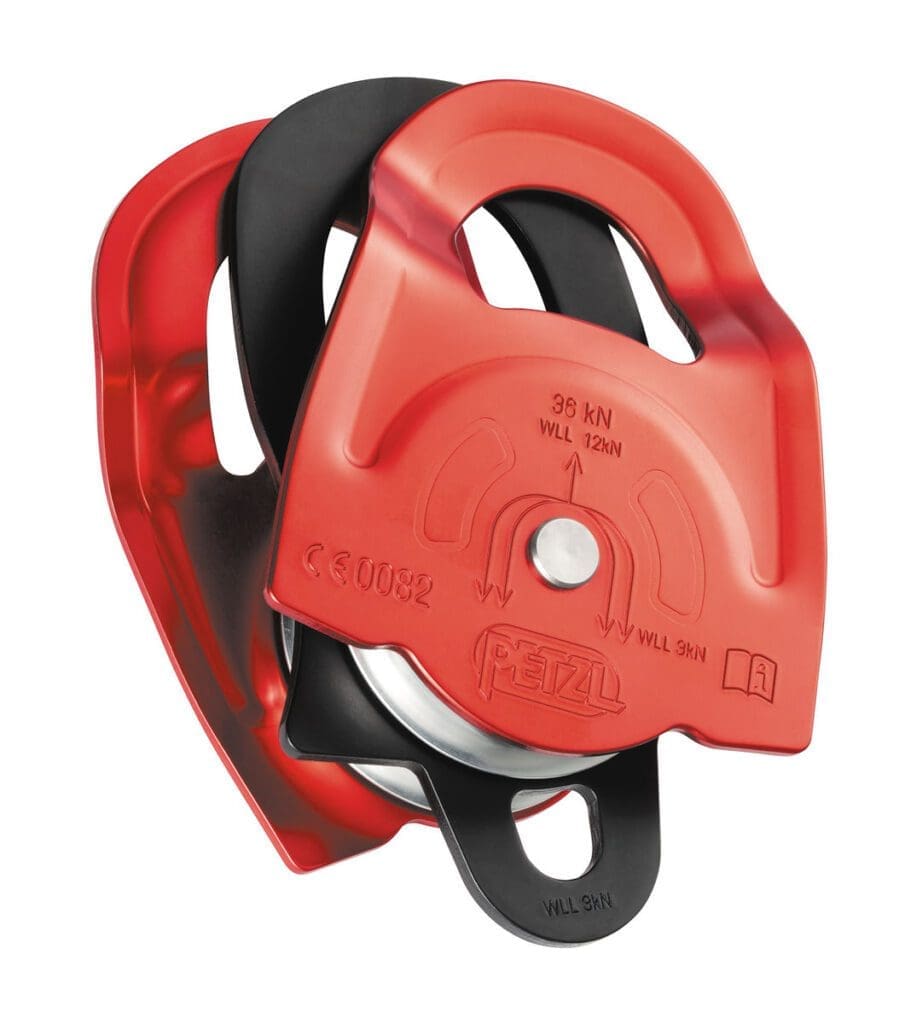
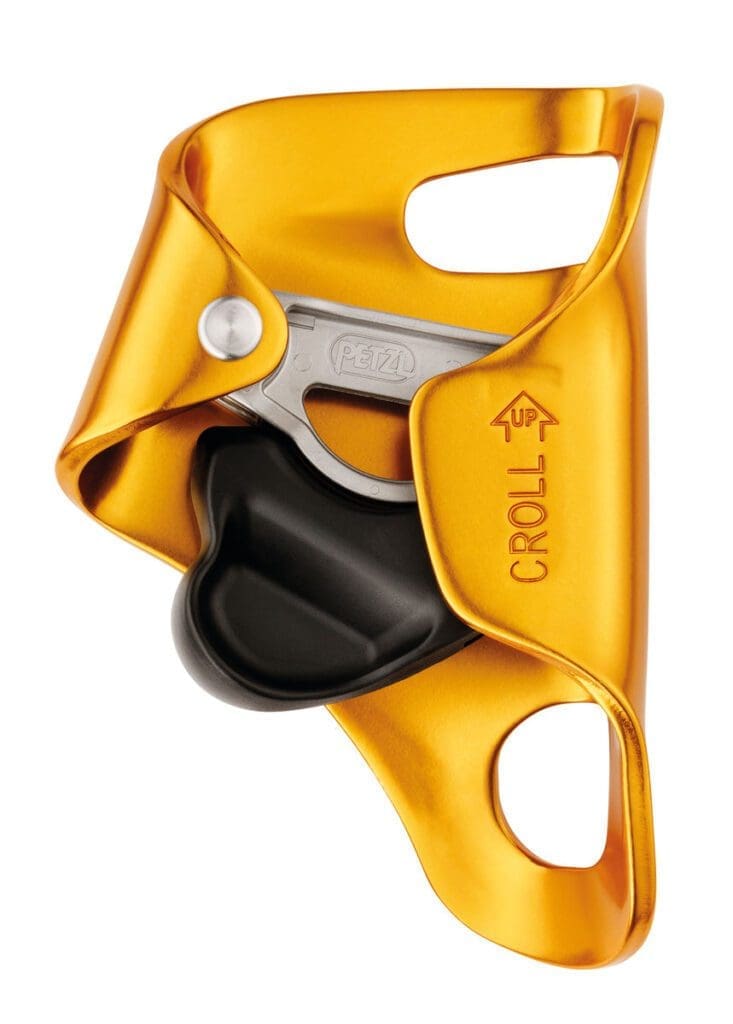
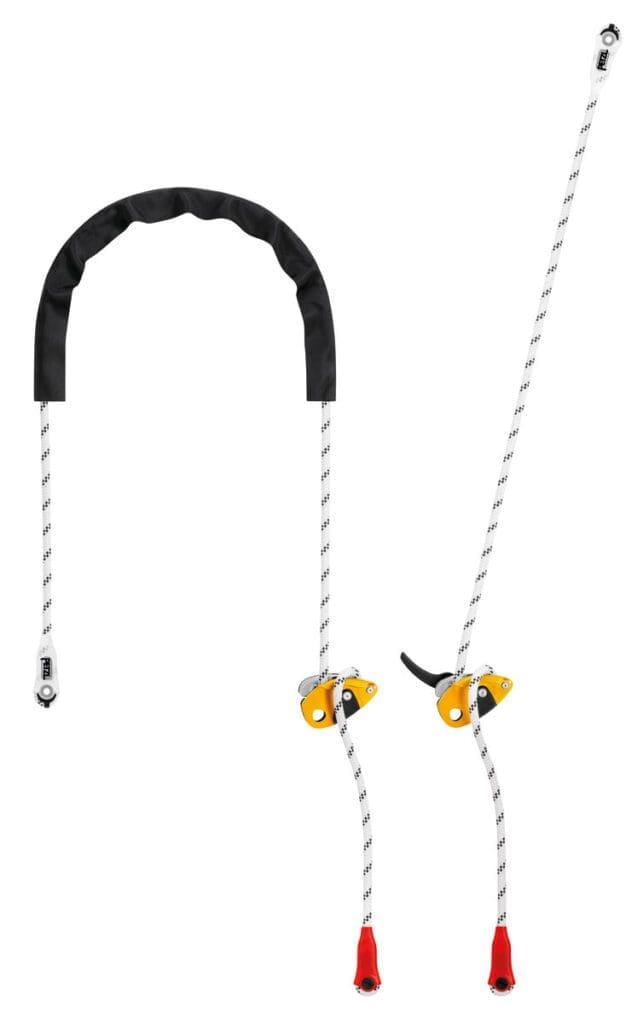
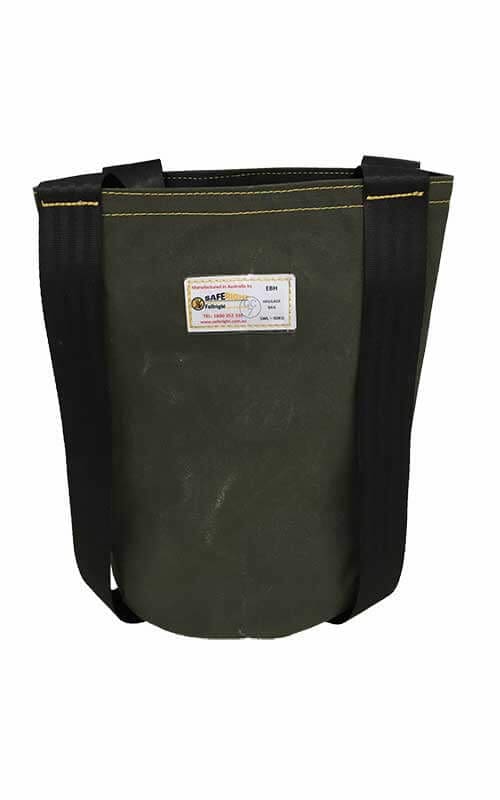
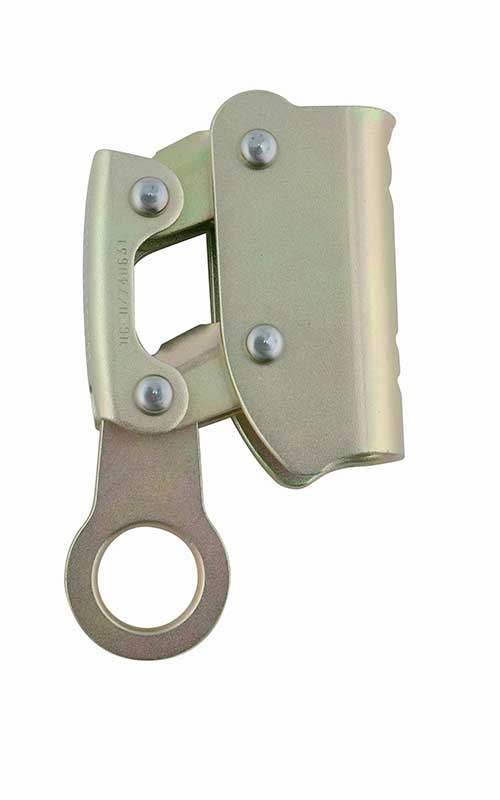
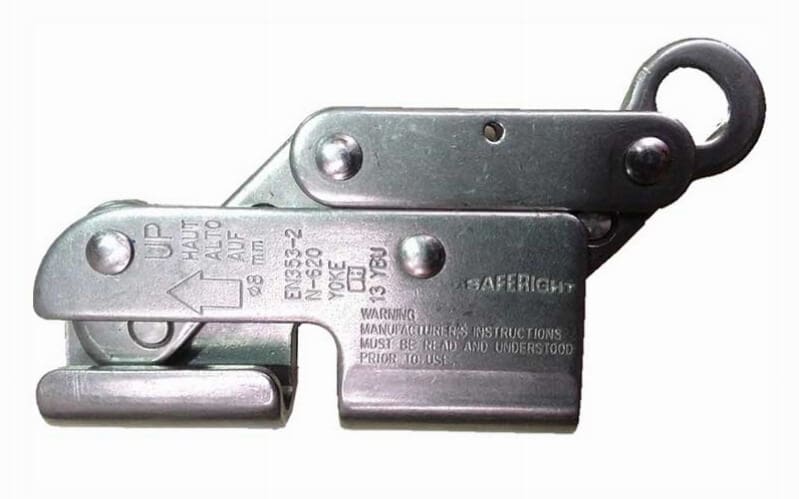
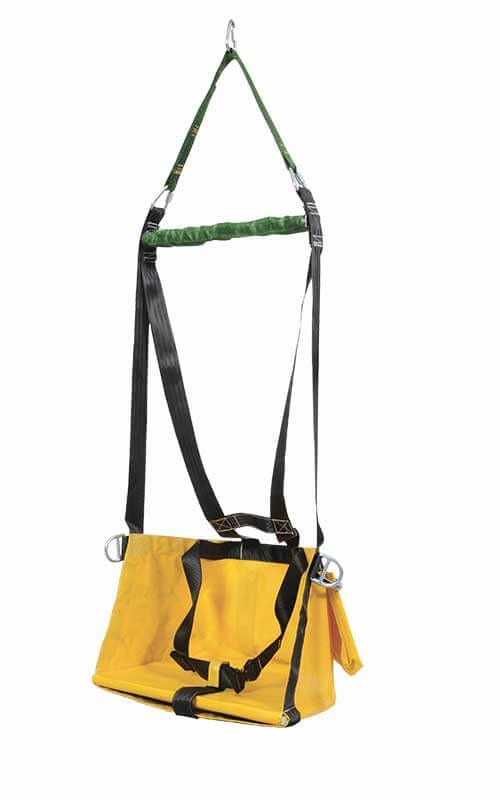
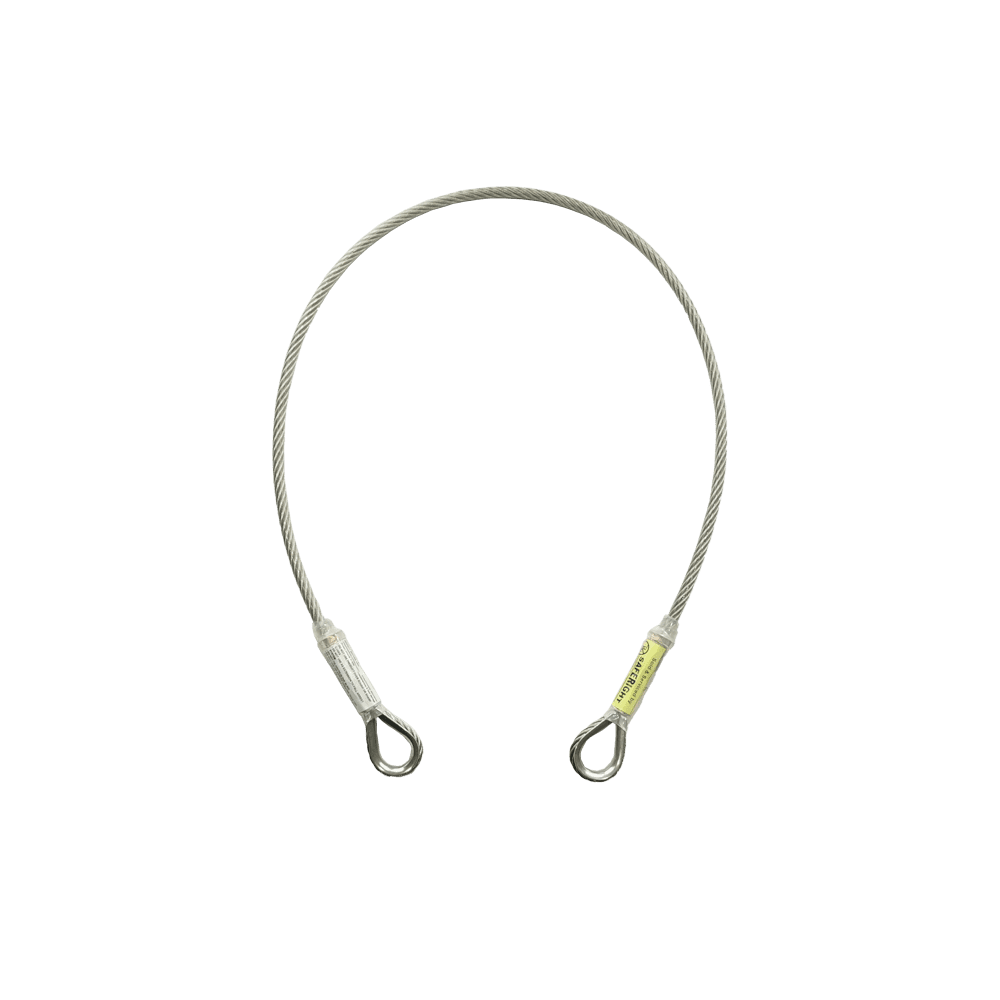
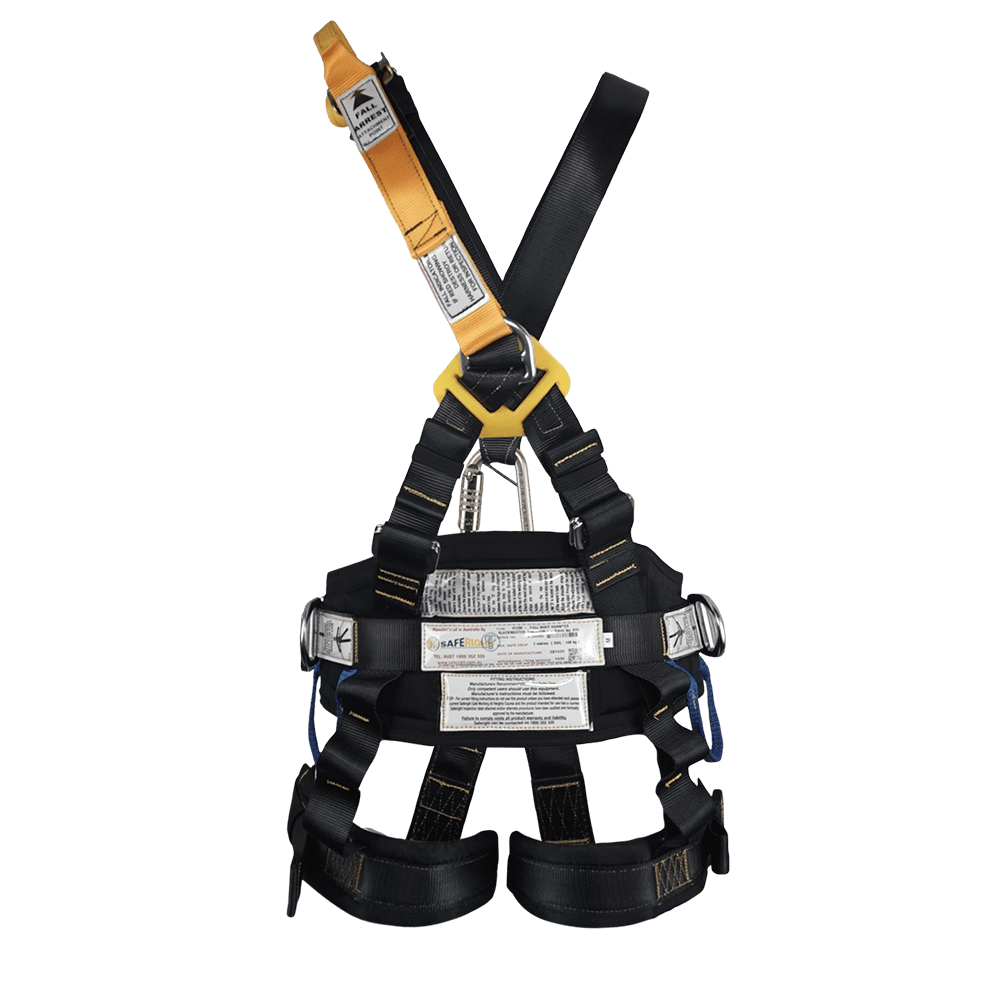
Reviews
There are no reviews yet.